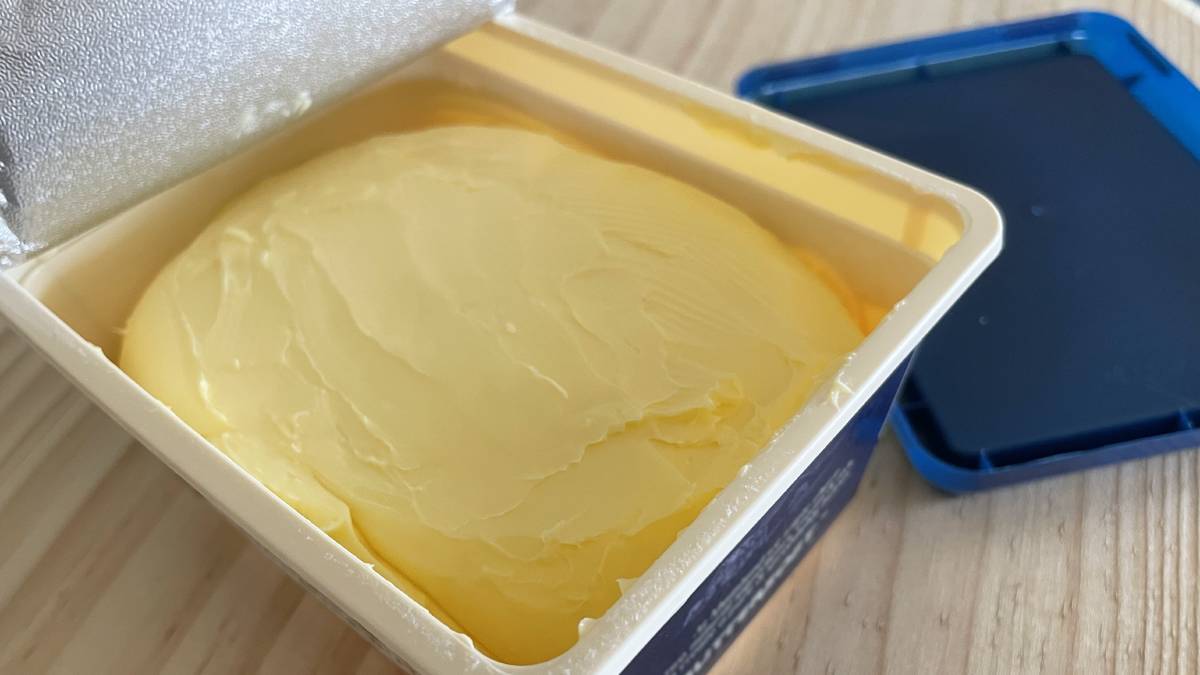



Eight butter-based products sold in stores around the country are being recalled due to contamination concerns. Saputo Dairy Australia has issued a recall for certain Devondale and Woolworths butter and butter blend products, owing to possible microbiological contamination. This refers to the contamination of pathogenic microorganisms such as bacteria, viruses, or parasites. Woolworths, Coles, ALDI, independent supermarkets, and Costco were among the retailers selling the products across the country. Food products containing microbial contamination, according to Food Standards Australia and New Zealand, may cause sickness if consumed. Consumers should seek medical counsel if they are concerned about their health, and they should return the items to the store where they were purchased for a full refund.
People who have the butter products in their refrigerators at home are advised not to eat the products and return them to their place of purchase for a full refund.
The most common cause of food poisoning in humans is microbial contamination. The presence of hazardous pathogens in food, such as germs, bacteria, viruses, mould, fungi, and toxins, is referred to as microbial contamination. Direct or cross-contamination can result in microbial contamination in meals. When germs infiltrate food from outside sources and reach dangerous levels, this is known as cross-contamination. Direct contamination happens when germs that have already been created or are already present in the food reach dangerous levels.
The symptoms and severity of food poisoning vary, depending on which bacteria or virus has contaminated the food. The most common food-borne illnesses include norovirus, salmonella, e.coli, listeria and campylobacter. Symptoms of food poisoning can range from gastro issues – including vomiting, diarrhoea, cramps and flu-like symptoms – to serious long-term health problems like kidney failure. Experts warn that people who are pregnant, elderly, very young, or have a compromised immune system have a greater risk of food poisoning and potentially serious complications.
Article by: Hari Yellina (Orchard Tech)